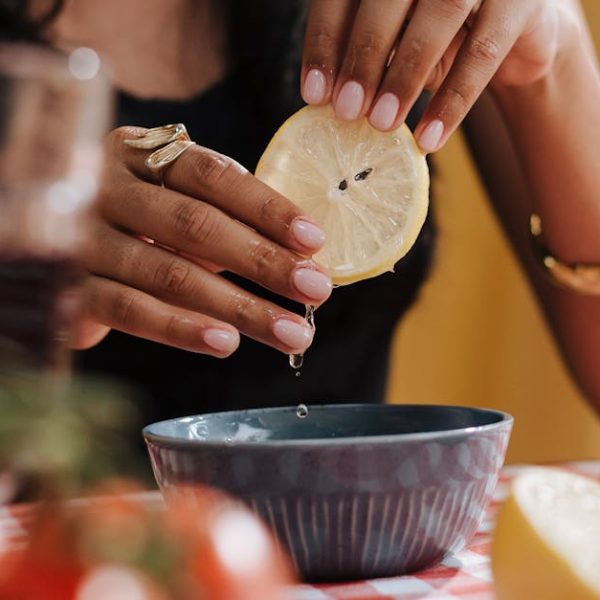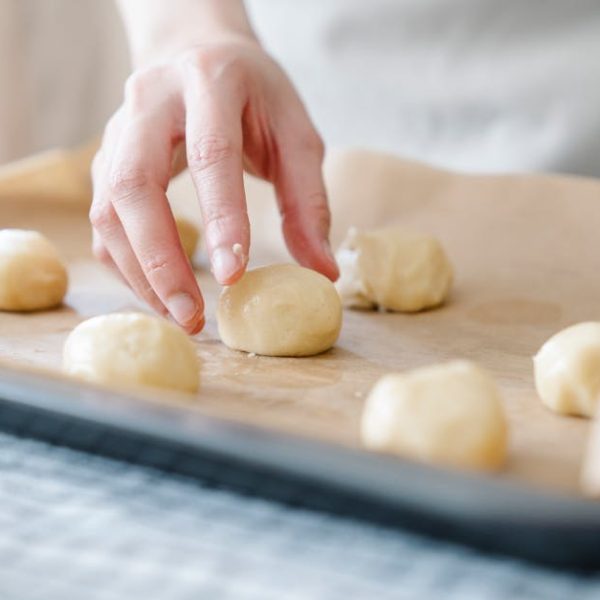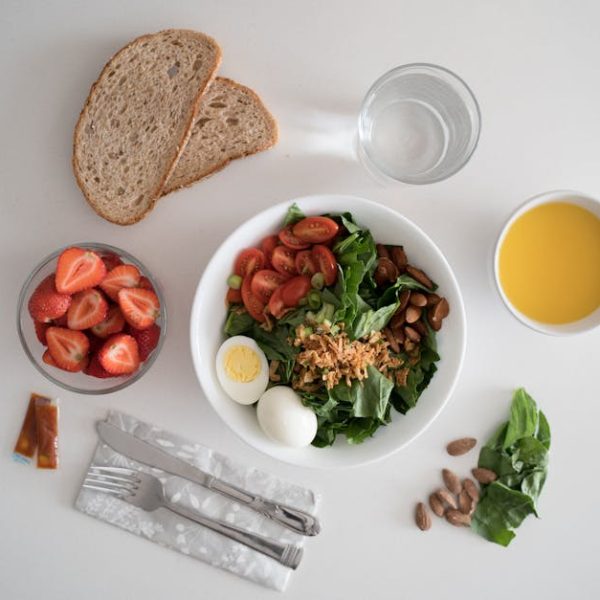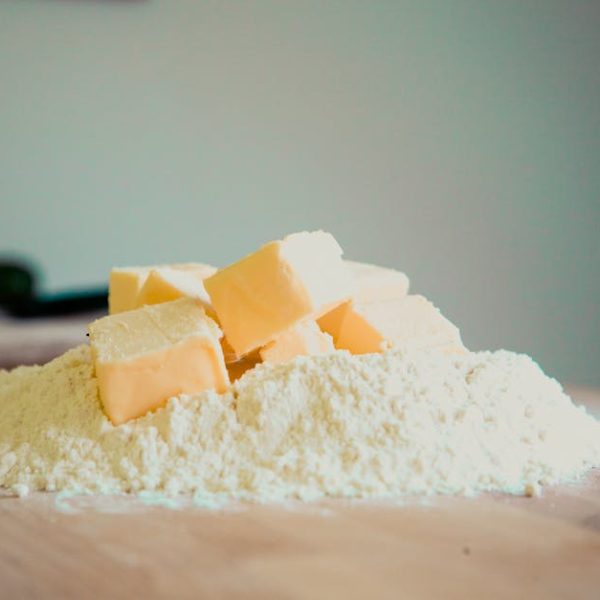Making eggs keep for longer isn’t simply about frugality but about exploiting these protein-packed gems to their fullest potential. From freezing to pickling or even dehydrating, we have a smorgasbord of options. Here are five easy methods to extend their shelf life and make your kitchen life a bit more manageable.
Method 1: Freezing
Say goodbye to throwing away eggs that are past their prime. Freezing eggs can be a fantastic way to extend their lifespan. You can freeze them whole, just the yolk or the whites separately depending on your needs. Choose a sturdy container that can withstand the freezing temperatures, and don’t forget to label them with the date and the contents – we all know how mischievous those frozen goods can become when jumbled up!
Pro tip: You must beat the yolks and whites together if freezing le rapport complet. This prevents yolk from becoming gel-like post-freezing.
Checklist:
- Crack the eggs into a bowl.
- For whole eggs, beat them until just mixed. For separated eggs, place yolks or whites into separate containers.
- Pour the eggs into your chosen freezer-safe container.
- Label clearly with the type and date.
- Freeze! It’s that easy.
Method 2: Pickling
Pickling isn’t just for your cucumbers; it can be quite egg-citing (pun intended!) for your eggs as well. It provides a flavorful twist, creating tangy, bright bites for your salad, sandwiches or simply as snacks. The key players here are vinegar, water, and your favored seasonings. But remember, safety is paramount – always ensure everything is properly sterilized to avoid foodborne illnesses.
Pros: Enhances flavor profile, long shelf life.
Cons: Requires careful food safety measures, unique flavor might not suit everyone.
Best practices:
- Use fresh eggs.
- Allow eggs to cool and peel them meticulously after hard-boiling.
- Pickled eggs must be stored in the refrigerator and consumed within several months for safety.
Method 3: Water Glassing
Using sodium silicate, commonly known as water glass, is an old-school way of preserving eggs. Getting your hands on this ingredient might require a bit of digging, but the outcomes are quite impressive.
Comparison ‘versus’: Unlike freezing or pickling, water glassing allows you to have fresh-like eggs, maintaining their original flavor and texture.
List:
- Clean, fresh eggs
- Bucket/ large crock
- Water glass (sodium silicate)
- Distilled water
The last two methods, using mineral oil and dehydrating, bring more varieties to our egg preservation toolbox and will be discussed next, focusing on their unique advantages and detailed action steps.
Method 4: Using Mineral Oil
Preserving eggs with mineral oil is another effective method. Essentially, you’re creating a protective barrier that prevents the eggs’ pores from letting air inside. This method requires a little caution – always choose food-grade mineral oil and abundantly clean eggs to prevent any bacterial growth.
Pro Tip: To ensure full coverage, preferably apply the oil with gloves using your hands.
Best Practices:
- Wash eggs using warm water.
- Dry thoroughly before applying the oil.
- Place the oiled eggs in an egg carton, small side down.
- Every so often, turn the eggs to prevent the yolk from settling down.
Method 5: Dehydrating
Dehydrating is an ideal option for reducing storage space while preserving the nutritional content of the eggs. You can dehydrate eggs using an oven or a dehydrator. Once dry, these eggs can be turned into a handy powder, perfect for baking or camping trips.
Pro Tip: Grinding dehydrated eggs into a powder, you can keep them in small jars and even rehydrate them as needed.
Checklist:
- Crack and whip the eggs until blended.
- Pour them onto a non-stick dehydrating sheet.
- Dehydrate at 145 degrees Fahrenheit until completely dry (This might take up to 10 hours in most dehydrators).
- Allow them to cool.
- Grind the dried pieces into a powder using a blender.
- Store the powder in a dry, airtight container.
Whatever your reason for preserving eggs might be – a bounty from your backyard chickens, a sale at the grocery store or planning for an emergency, these methods can help you keep them longer. So try them out and find what suits you best. Happy egg-preserving!
Key Takeaway:
- Freezing, pickling, water glassing, using mineral oil, and dehydrating are five easy methods to preserve eggs.
- Freezing eggs can be done in whole, yolk-only or whites-only formats, but remember to mix the yolks and whites well if freezing whole eggs.
- Pickling not only extends the lifespan of eggs but also enhances their flavor profile. However, careful preservation measures are required.
- Water Glassing allows the eggs to preserve their original flavor and texture.
- Mineral oil can provide a protective barrier that prevents the eggs’ pores from letting air inside.
- Dehydrating eggs not only helps to preserve them, but also reduces storage space.
No more wasting eggs or wondering what to do when you have more than you need. With these simple, easy-to-do methods, you can preserve eggs and enjoy their protein-packed goodness for extra periods. So go ahead, experiment with these techniques, and discover which one satisfies your needs best.
FAQs
Q: Can I use these preservation methods on any kind of egg?
A: Yes, these methods can be used on any kind of egg. However, the preservation results and needed timeframes may vary based on the type and age of the egg.
Q: How long can I store eggs using these methods?
A: The storage lifespan largely depends on the preservation method. While some methods like pickling or freezing can let you store eggs for months, the exact period varies based on multiple factors like the freshness of the eggs at the time of preservation.
Q: Is there a quality difference between fresh eggs and preserved eggs?
A: Depending on the preservation method, there could be slight changes in texture or flavor. For instance, pickled eggs have a tangy taste, while water glassing preserves the original flavor and texture.
Q: Can preserved eggs be used in the same way as fresh eggs?
A: Yes, preserved eggs can be used in the same way as fresh eggs. For instance, dehydrated eggs (once rehydrated) can be used for baking, while pickled eggs can be enjoyed directly or used in salads.
Q: What is the most efficient method for long-term egg preservation?
A: Each method has its benefits. Freezing and dehydrating are efficient for long-term storage, but they require more work upfront. Pickling and water glassing offer extended shelf lives while adding unique flavors. Mineral oil acts like a protective barrier, suited for less extended periods. Choose the method that fulfills your specific needs for duration and usability.
Explore more content on our website to master your cooking skills and make the best out of your kitchen adventures. Use these preservation methods to save more and waste less. Remember, sharing is caring! So, pass along this guide to your family and friends who might find it useful.






